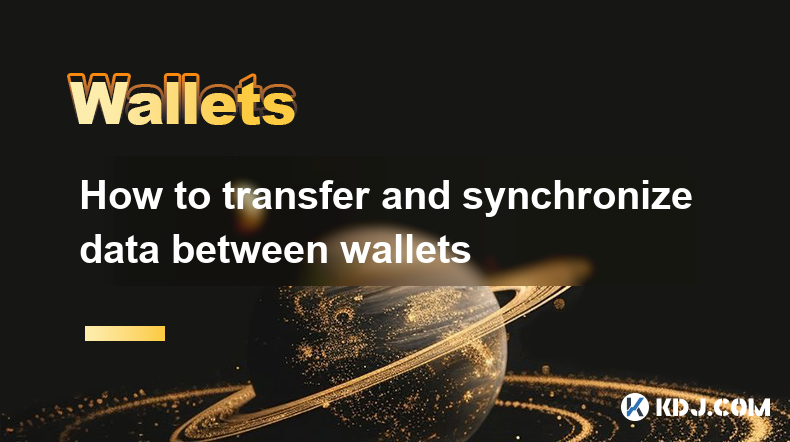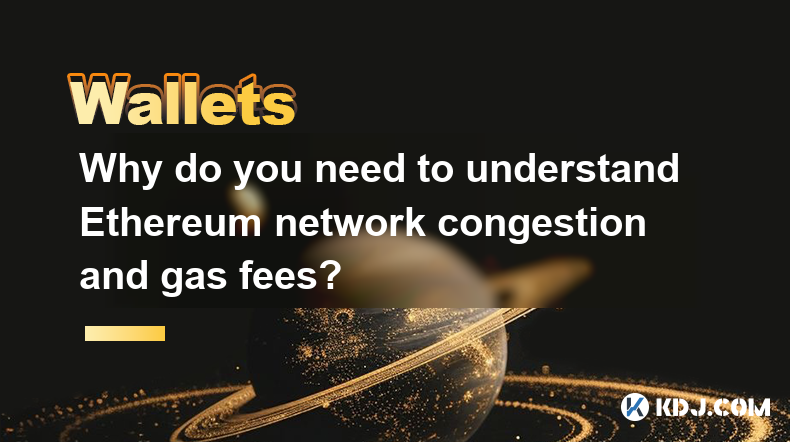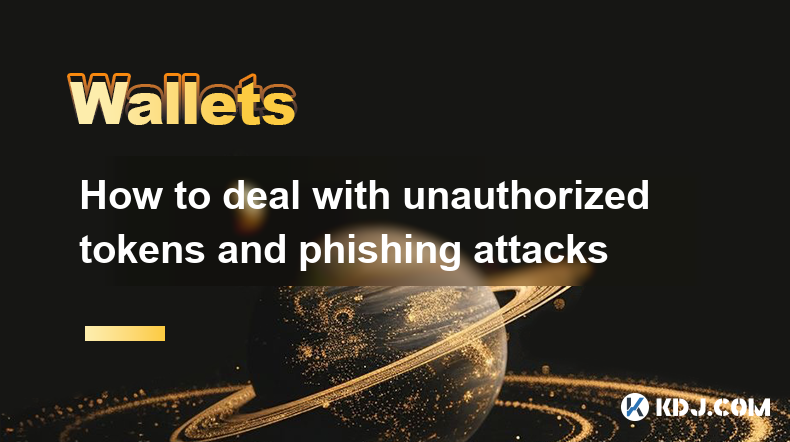-
 Bitcoin
Bitcoin $96,161.2493
-2.14% -
 Ethereum
Ethereum $2,686.5756
-2.45% -
 XRP
XRP $2.5719
-3.67% -
 Tether USDt
Tether USDt $0.9999
-0.04% -
 BNB
BNB $655.8976
-0.15% -
 Solana
Solana $171.9849
-2.65% -
 USDC
USDC $1.0001
0.00% -
 Dogecoin
Dogecoin $0.2435
-4.35% -
 Cardano
Cardano $0.7615
-4.97% -
 TRON
TRON $0.2379
-4.28% -
 Chainlink
Chainlink $17.4447
-5.17% -
 Avalanche
Avalanche $24.9624
-1.92% -
 Sui
Sui $3.3374
-3.85% -
 Stellar
Stellar $0.3266
-3.96% -
 Litecoin
Litecoin $127.2255
-5.17% -
 Toncoin
Toncoin $3.6609
1.73% -
 Shiba Inu
Shiba Inu $0.0...01526
-2.42% -
 UNUS SED LEO
UNUS SED LEO $9.7275
-0.32% -
 Hedera
Hedera $0.2145
-3.18% -
 Hyperliquid
Hyperliquid $24.2706
-2.62% -
 Polkadot
Polkadot $5.0883
0.29% -
 MANTRA
MANTRA $7.6370
0.37% -
 Bitcoin Cash
Bitcoin Cash $317.1514
-3.50% -
 Bitget Token
Bitget Token $5.0005
7.55% -
 Ethena USDe
Ethena USDe $0.9987
-0.10% -
 Dai
Dai $1.0000
-0.01% -
 Uniswap
Uniswap $8.8025
-5.45% -
 Monero
Monero $233.1225
-0.50% -
 NEAR Protocol
NEAR Protocol $3.4727
-2.15% -
 Pepe
Pepe $0.0...09302
-4.88%
How to improve the privacy of social transactions?
By incorporating privacy-enhancing strategies, utilizing decentralized exchanges, and leveraging zero-knowledge proofs, individuals can enhance their financial and social transaction anonymity.
Feb 21, 2025 at 08:37 am

Key Points:
- Utilize Privacy-Focused Cryptocurrencies
- Leverage Mixing Services
- Employ Stealth Addresses
- Utilize Decentralized Exchanges
- Incorporate Zero-Knowledge Proofs
Article Content:
1. Utilize Privacy-Focused Cryptocurrencies
Privacy-focused cryptocurrencies prioritize the anonymity and privacy of users. They anonymize transactions through techniques such as ring signatures, zero-knowledge proofs, and stealth addresses. Notable examples include:
- Monero (XMR): Monero is a privacy-centric cryptocurrency that employs a sophisticated ring signature scheme to enhance transaction anonymity.
- Zcash (ZEC): Zcash offers "shielded" transactions, which provide optional privacy for users who desire it.
- Dash (DASH): Dash offers "PrivateSend" transactions, which employ CoinJoin to mix and obfuscate transactions.
2. Leverage Mixing Services
Mixing services act as intermediaries that pool user funds and scramble them before sending them to recipient addresses. This mixing process complicates transaction tracing and enhances privacy. Reputable mixing services include:
- Wasabi Wallet: Wasabi Wallet is a non-custodial Bitcoin mixing service that utilizes CoinJoin to enhance privacy.
- Tornado Cash: Tornado Cash is an Ethereum-based mixing service that employs zk-SNARKs (zero-knowledge Succinct Non-interactive Arguments of Knowledge) to provide strong transaction privacy.
- Samourai Wallet: Samourai Wallet offers "Stonewall," a mixing service specifically designed for Bitcoin transactions.
3. Employ Stealth Addresses
Stealth addresses generate unique addresses for each transaction, making it challenging for observers to associate different transactions with the same receiving party. By utilizing stealth addresses, users can maintain a higher level of privacy.
- Use BIP47: BIP47 is a Bitcoin Improvement Proposal that allows for the seamless generation and redemption of stealth addresses.
- Consider CoinShuffle++: CoinShuffle++ is a privacy-enhancing protocol that incorporates stealth addresses into its coin shuffling process.
- Employ Aggregated Signature Technology: Aggregated signature technology enables multiple users to sign a message or transaction collectively, concealing individual identities.
4. Utilize Decentralized Exchanges (DEXs)
Unlike centralized exchanges that hold users' funds, DEXs allow for peer-to-peer trading without the need for intermediaries. This reduces the risk of identity exposure and surveillance. Examples of reputable DEXs include:
- Uniswap: Uniswap is a leading DEX on the Ethereum network that facilitates automated market making and trading.
- PancakeSwap: PancakeSwap is a Binance Smart Chain-based DEX that provides a user-friendly and affordable trading platform.
- SushiSwap: SushiSwap is another popular DEX on Ethereum that offers a diverse range of trading pools and yield farming opportunities.
5. Incorporate Zero-Knowledge Proofs
Zero-knowledge proofs enable users to prove knowledge of information without revealing the information itself. This cryptographic technique has significant applications in privacy, including:
- Shielded Transactions (Zcash): Shielded transactions in Zcash utilize zero-knowledge proofs to provide sender anonymity and transaction confidentiality.
- zk-SNARKs: zk-SNARKs (zero-knowledge Succinct Non-interactive Arguments of Knowledge) enable efficient verification of complex proofs without revealing sensitive information.
- ZK Rollups: ZK rollups leverage zk-SNARKs to bundle and validate multiple Ethereum transactions off-chain, enhancing scalability and transaction privacy.
FAQs:
- What are the disadvantages of privacy-focused cryptocurrencies?
Privacy-focused cryptocurrencies may have lower liquidity compared to mainstream cryptocurrencies, making it challenging to buy or sell large amounts quickly. They may also require specialized software or technical expertise to use effectively.
- Are mixing services legal?
The legality of mixing services varies depending on the jurisdiction. Some countries, such as the United States, consider mixing services to be illegal if used for illicit activities. However, using mixing services for legitimate purposes may be permissible in some regions.
- How effective are stealth addresses?
Stealth addresses provide significant privacy by preventing observers from linking different transactions to the same recipient. However, it is important to use stealth addresses in conjunction with other privacy-enhancing measures to ensure comprehensive anonymity.
- Are DEXs truly anonymous?
While DEXs offer improved privacy compared to centralized exchanges, they may not be completely anonymous. Certain DEXs may require users to complete KYC (Know Your Customer) procedures or collect IP addresses, which could potentially compromise privacy.
- What is the potential of zero-knowledge proofs for social transaction privacy?
Zero-knowledge proofs have enormous potential for enhancing social transaction privacy. They enable users to prove their identity, authenticate information, or execute transactions without revealing any sensitive details. This can significantly improve the privacy of social interactions and online activities.
Disclaimer:info@kdj.com
The information provided is not trading advice. kdj.com does not assume any responsibility for any investments made based on the information provided in this article. Cryptocurrencies are highly volatile and it is highly recommended that you invest with caution after thorough research!
If you believe that the content used on this website infringes your copyright, please contact us immediately (info@kdj.com) and we will delete it promptly.
- 5 Best Cryptos to Buy Today: BTFD Coin, Dogecoin, Goatseus Maximus, Baby Doge Coin, Pudgy Penguins
- 2025-02-22 16:30:25
- New IP-Focused Altcoin Surges 164% in First Week Amid Launch of Research Collaboration With Stanford University
- 2025-02-22 16:30:25
- Top Crypto Projects to Invest in February 2025: Qubetics, Render, Solana, and XRP
- 2025-02-22 16:30:25
- Discover the Future of Digital Currency: Insights into SEI, EOS, and the Revolutionary Qubetics
- 2025-02-22 16:30:25
- Bybit Hit By Colossal $1.46 Billion Hack, Biggest Crypto Theft In History
- 2025-02-22 16:30:25
- BTFD Coin: The Ultimate Play for Smart Investors
- 2025-02-22 16:30:25
Related knowledge

What are cold storage and hot storage? Which one is safer?
Feb 22,2025 at 03:18pm
Key Points:Cold storage and hot storage are two methods of storing cryptocurrencies.Cold storage involves storing cryptocurrencies offline, while hot storage involves storing them online.Cold storage is generally considered safer than hot storage, as it is not connected to the internet and is therefore less susceptible to hacking.Cold StorageCold storag...

How to synchronize wallets in multiple devices and browsers
Feb 22,2025 at 09:18am
Key Points:Understand the different types of cryptocurrency wallets and their synchronization capabilities.Learn how to synchronize hardware wallets with multiple devices.Discover the steps involved in synchronizing software wallets across platforms.Explore the options for synchronizing mobile wallets on different devices.Gain insight into browser exten...

How to transfer and synchronize data between wallets
Feb 21,2025 at 12:25pm
Key Points:Understanding different wallet types and their capabilitiesIdentifying similarities and differences between walletsExploring options for transferring and synchronizing dataEnsuring data security and integrity during transferAddressing common challenges and troubleshooting tipsHow to Transfer and Synchronize Data Between Cryptocurrency Wallets...

Why do you need to understand Ethereum network congestion and gas fees?
Feb 21,2025 at 04:48am
Key PointsUnderstanding Ethereum Network Congestion and Gas FeesGas Fees ExplainedFactors Affecting Network CongestionStrategies for Minimizing Gas FeesImpact of Ethereum UpgradesUnderstanding Ethereum Network Congestion and Gas FeesThe Ethereum network is a decentralized platform that hosts a vast ecosystem of decentralized applications (dApps), non-fu...

How to participate in DAO voting and governance?
Feb 21,2025 at 03:42pm
Key Points:Overview of DAO Voting and GovernanceUnderstanding DAO Structures and MembershipRole of DAO Tokens and Voting RightsParticipating in Voting and Proposal SubmissionLeveraging Governance Tools and PlatformsImpact of Voting Participation on DAO OutcomesBest Practices for Effective DAO GovernanceHow to Participate in DAO Voting and Governance1. U...

How to deal with unauthorized tokens and phishing attacks
Feb 21,2025 at 05:25am
Dealing with Unauthorized Tokens and Phishing Attacks in the Cryptocurrency CircleThe cryptocurrency market is rife with potential dangers, including unauthorized tokens and phishing attacks. To protect yourself from these threats, it's crucial to take proactive measures and be vigilant in your online activities.Key Points:Unauthorized Tokens: Tokens cr...

What are cold storage and hot storage? Which one is safer?
Feb 22,2025 at 03:18pm
Key Points:Cold storage and hot storage are two methods of storing cryptocurrencies.Cold storage involves storing cryptocurrencies offline, while hot storage involves storing them online.Cold storage is generally considered safer than hot storage, as it is not connected to the internet and is therefore less susceptible to hacking.Cold StorageCold storag...

How to synchronize wallets in multiple devices and browsers
Feb 22,2025 at 09:18am
Key Points:Understand the different types of cryptocurrency wallets and their synchronization capabilities.Learn how to synchronize hardware wallets with multiple devices.Discover the steps involved in synchronizing software wallets across platforms.Explore the options for synchronizing mobile wallets on different devices.Gain insight into browser exten...

How to transfer and synchronize data between wallets
Feb 21,2025 at 12:25pm
Key Points:Understanding different wallet types and their capabilitiesIdentifying similarities and differences between walletsExploring options for transferring and synchronizing dataEnsuring data security and integrity during transferAddressing common challenges and troubleshooting tipsHow to Transfer and Synchronize Data Between Cryptocurrency Wallets...

Why do you need to understand Ethereum network congestion and gas fees?
Feb 21,2025 at 04:48am
Key PointsUnderstanding Ethereum Network Congestion and Gas FeesGas Fees ExplainedFactors Affecting Network CongestionStrategies for Minimizing Gas FeesImpact of Ethereum UpgradesUnderstanding Ethereum Network Congestion and Gas FeesThe Ethereum network is a decentralized platform that hosts a vast ecosystem of decentralized applications (dApps), non-fu...

How to participate in DAO voting and governance?
Feb 21,2025 at 03:42pm
Key Points:Overview of DAO Voting and GovernanceUnderstanding DAO Structures and MembershipRole of DAO Tokens and Voting RightsParticipating in Voting and Proposal SubmissionLeveraging Governance Tools and PlatformsImpact of Voting Participation on DAO OutcomesBest Practices for Effective DAO GovernanceHow to Participate in DAO Voting and Governance1. U...

How to deal with unauthorized tokens and phishing attacks
Feb 21,2025 at 05:25am
Dealing with Unauthorized Tokens and Phishing Attacks in the Cryptocurrency CircleThe cryptocurrency market is rife with potential dangers, including unauthorized tokens and phishing attacks. To protect yourself from these threats, it's crucial to take proactive measures and be vigilant in your online activities.Key Points:Unauthorized Tokens: Tokens cr...
See all articles














![BONK The Meme Coin MORE THAN ORDINARY [DOG] on Solana BONK The Meme Coin MORE THAN ORDINARY [DOG] on Solana](/uploads/2025/02/22/cryptocurrencies-news/videos/bonk-meme-coin-ordinary-dog-solana/image-1.jpg)


































































